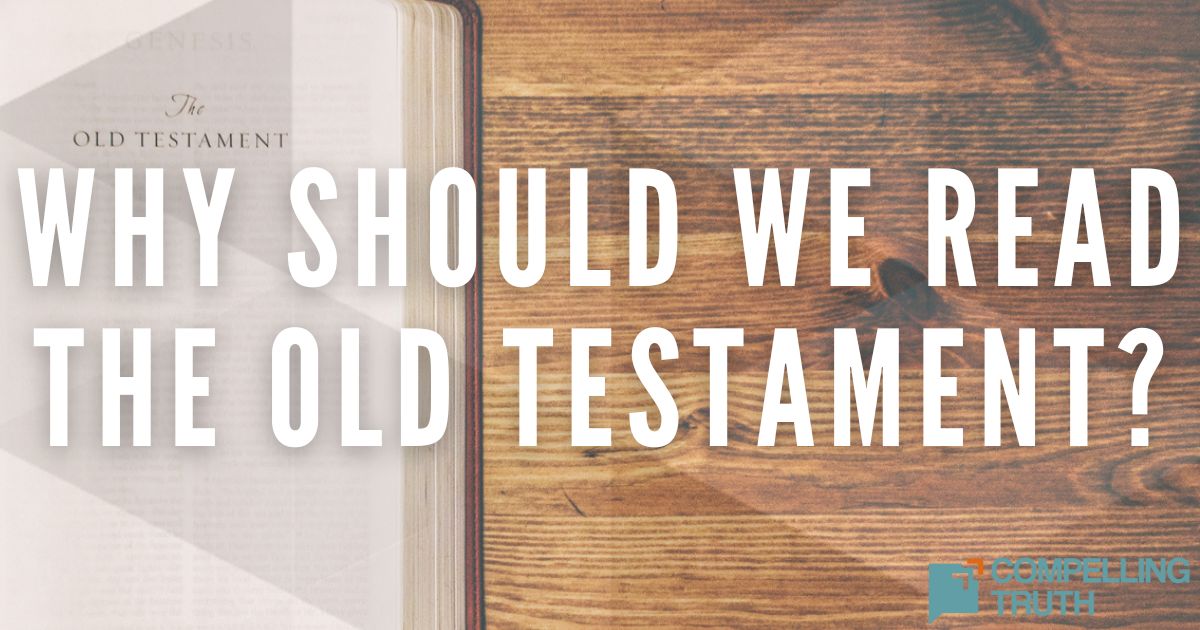The JEDP theory claims that the Pentateuch—Genesis, Exodus, Leviticus, Numbers, and Deuteronomy—was written by multiple authors after the time of Moses, rather than by Moses himself. The Bible itself affirms Mosaic authorship of its first five books. In Mark 12:26, Jesus refers to "the book of Moses" when quoting Exodus 3:1–3, clearly attributing it to Moses. Similarly, Luke cites Moses as the author of Deuteronomy 18:15 in Acts 3:22, and Paul references Leviticus 18:5 as written by Moses in Romans 10:5. The consistent testimony of Jesus, the apostles, and even the religious leaders of Jesus’s time was that Moses authored the Pentateuch. Rejecting Mosaic authorship requires dismissing the clear affirmations of these key biblical figures, which undermines the credibility of Scripture itself.
Beyond these direct affirmations, the structure and content of the Pentateuch align with Mosaic authorship. Moses, as the leader of Israel, was uniquely positioned to record their history, laws, and worship practices. The variations in linguistic style—such as using different names for God—reflect the content and emphasis of each passage. For example, Elohim highlights God as Creator in Genesis 1, while Yahweh emphasizes His personal nature in Genesis 2. These differences are not evidence of multiple authors, but rather Moses’s intentional use of language to convey different aspects of God’s character.
The JEDP theory says that the first five books of the Bible—Genesis, Exodus, Leviticus, Numbers, and Deuteronomy—were not written entirely by Moses, who died in the 1400s B.C., but by different authors/compilers who lived after Moses. The theory is based on the fact that different names for God are used in different portions of these books, along with detectable differences in linguistic style throughout. The letters of the JEDP theory stand for the four supposed authors: one who used Jehovah for God's name, one who used Elohim, the author of Deuteronomy, and the "priestly" author of Leviticus. The JEDP theory goes on to propose that the different portions of the Pentateuch were compiled in the fourth century B.C., possibly by Ezra since he wrote and composed other biblical writings during that time.
The JEDP theory, while intriguing, fails to stand up to historical and biblical scrutiny. Its reliance on speculative claims about linguistic variations overlooks the natural flexibility of an author writing over decades and addressing different genres, like history, law, and worship. Moreover, accepting JEDP undermines the authority of Jesus and the apostles, who consistently affirmed Moses’s authorship of the Pentateuch.
Christians can trust the traditional view of Mosaic authorship, which is supported by internal biblical evidence, historical tradition, and the testimony of Jesus Himself. While scholarly theories can offer insights into Scripture’s complexity, they should not override the clear affirmations of God’s Word. By rejecting unnecessary speculation, believers can focus on the truths revealed in Scripture, confident in its divine inspiration and reliability.




